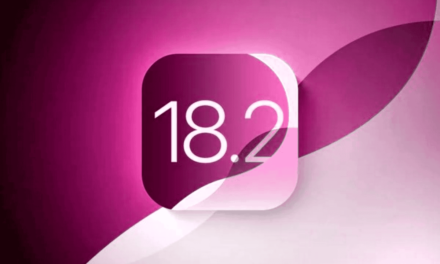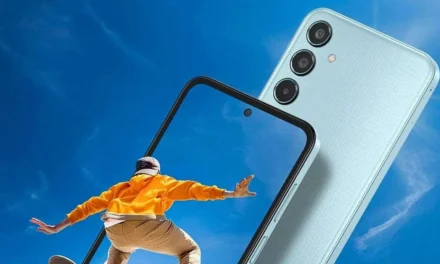ChatGPT search, OpenAI’s function inside ChatGPT that enables the chatbot to entry and incorporate up-to-date info from the online into its responses, is rising at a quick clip in Europe.
A report filed by one in every of OpenAI’s EU company divisions, OpenAI Eire Restricted, reveals that ChatGPT search had roughly 41.3 million month-to-month lively “recipients” for the six-month interval ending March 31. That’s up from 11.2 million common month-to-month lively recipients within the six-month interval ending October 31, 2024.
OpenAI often publishes info on ChatGPT search to adjust to the EU’s Digital Companies Act (DSA), which regulates many elements of on-line companies in European nations. The DSA defines month-to-month lively recipients as “[people] really participating with the service not less than as soon as in a given time frame” by “being uncovered to info disseminated on the web interface of the web platform, akin to viewing it or listening to it, or by offering info.”
Fascinating replace within the OpenAI EU Digital Companies Act (DSA) FAQ article
ChatGPT search had about 41.3 million common month-to-month lively recipients within the European Union for the six-month interval ending 31 March 2025
(Earlier, for the six-month interval ending 31 October 2024,… pic.twitter.com/AY9sNI1vu9
— Tibor Blaho (@btibor91) April 21, 2025
One part of the DSA instructs “very massive” on-line platforms or serps — these with over 45 million common month-to-month recipients — to permit customers to choose out of advice techniques and profiling, share sure information with researchers and authorities, and carry out exterior auditing. ChatGPT search might quickly be topic to those necessities, assuming the present development pattern holds.
ChatGPT search has made inroads in opposition to incumbents like Google since debuting final yr. Based on a ballot printed in September, 8% of individuals stated they’d select ChatGPT over Google as their major search engine. However Google stays far and away the dominant on-line search instrument. By one estimate, it handles 373 instances extra searches than ChatGPT.
Researchers have discovered ChatGPT search and different AI-powered serps to be much less dependable than typical search, relying on the question. Based on one research, ChatGPT incorrectly recognized 67% of searched-for articles. One other research surfaced accuracy issues associated to ChatGPT’s therapy of stories content material, together with content material from publishers with which OpenAI has licensing agreements.





